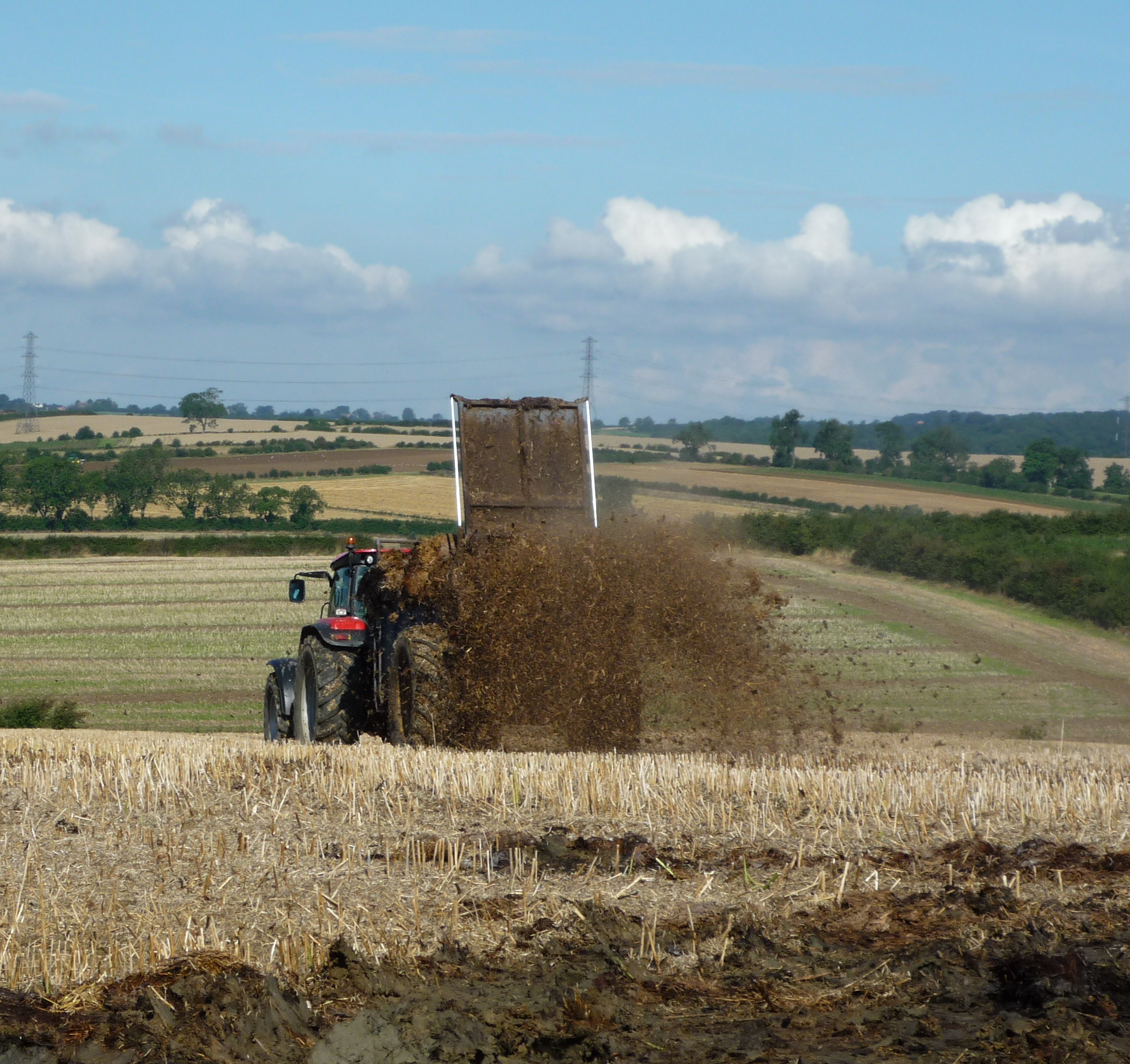Lesley Griffiths, Cabinet Secretary for Energy, Planning and Rural Affairs has announced five ‘core principles’ to underpin future agricultural policy in Wales:
- Keeping land managers on the land – seen as pivotal to maintaining communities and the rural economy
- Food production – remains ‘vital’; future policy gives the chance to advance an already thriving food and drink industry. The Cabinet Secretary has said there is no need to choose between food production and public goods. Targeted to support will be available for sustainable and economic production to help Welsh farmers compete in a global market place.
- Delivering public goods for all the people of Wales – the Welsh landscapes is key to the Welsh brand, vital for food and tourism
- Land managers must have access to support – farmers must be able to continue to make a living from the land, but there will be no ‘automatic payment’ and they will be asked to do ‘different things’ in return for support. This seems to suggest that direct payments will be removed. This is the first clear indication that Wales might follow the lead of DEFRA in this respect.
- The delivery of support will need to be changed – it is recognised that current support, provided by the Basic Payment Scheme, needs to be changed to ensure the agricultural sector can be ‘prosperous and resilient’ post Brexit.
The Welsh Assembly will now hold ‘intensive stakeholder’ meetings to deliver these principles, with initial proposals for reform being ready before the summer recess. With England having already launched a consultation on its proposals, it would appear that Wales is a little behind the curve, but to the Welsh Government’s defence it is probably waiting to see what ‘powers’ it has over future farm policy following any Brexit devolution settlement. The announcement states that the ‘case for devolution is stronger than ever’ and that the composition of the farming sector in Wales is different to other areas of the UK, particularly England. Scotland appears to be even further behind, as there has been no announcements or consultations yet on the shape of future support. Again, it has been said the Scottish Government is also is waiting to find out the extent of its powers on farm policy. However, some believe the administration is happy to remain vague on future policy, as whatever plans are proposed, they are likely to ‘upset’ somebody.



